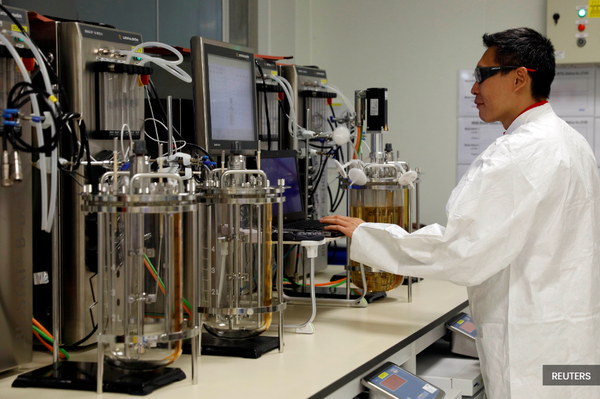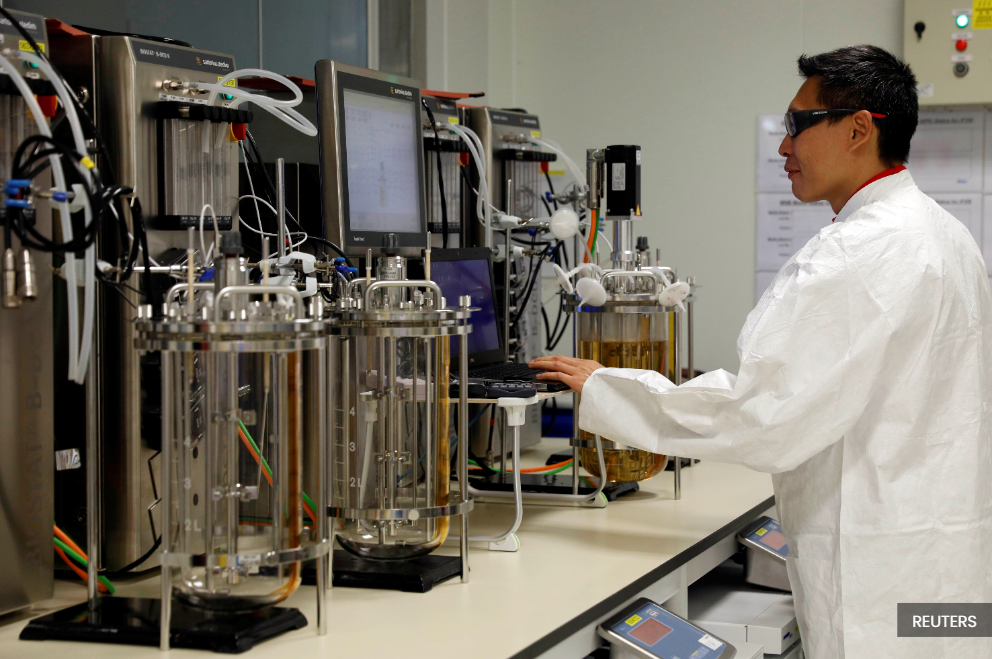SINGAPORE, Sept 27 — Pharmaceutical companies in Singapore are seeking clarification on whether they would qualify for an exemption from steep tariffs imposed by the United States (US) on their goods, said its Deputy Prime Minister cum Trade and Industry Minister Gan Kim Yong today.
Singapore exports about SG$4 billion (RM13.08 billion) of pharmaceutical products to the US, and most of these exports are branded drugs.
On Thursday, US President Donald Trump announced 100 per cent duties on imports of branded drugs that would apply to firms unless they build a manufacturing presence in the US.
Gan noted that this is a concern for Singapore as pharmaceuticals form around 13 per cent of all Singapore exports to the US.
Many of the pharmaceutical firms in Singapore have existing plans to expand or build their business footprint in the US, which may qualify them for a tariff exemption.
Gan, who met US Commerce Secretary Howard Lutnick in August, said that trade talks with the US are ongoing, with officials on both sides working on details of possible deals for the pharmaceutical and semiconductor sectors.
"Ultimately, we hope to be able to have an arrangement with the US to allow us to continue to be competitive in the US market, to allow our pharmaceutical companies to be able to continue to export to the US market.
"As to whether the tariff rate will be 15 per cent or any other tariff is something that is part and parcel of the negotiation, but we do look forward to having some preferential treatment versus the current top-line tariff the US has imposed," he told the press.
Singapore's exports to the US are subject to a 10 per cent baseline tariff despite a free trade agreement in place with the island nation since 2004.
Broader sectoral tariffs could harm demand for Singaporean products, including semiconductors, consumer electronics, and pharmaceuticals. In July, the Singaporean Monetary Authority said that these accounts for about 40 per cent of exports to the US.
The effective US tariff rate on Singapore's exports rose to 7.8 per cent in July from 6.8 per cent in April on the back of steel and aluminium tariff hikes.


